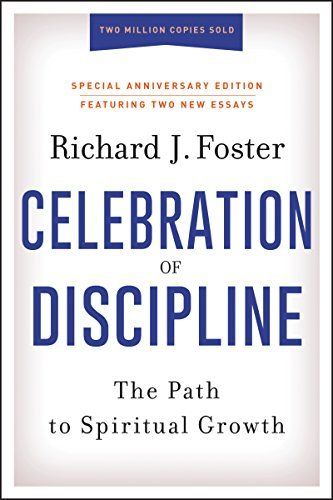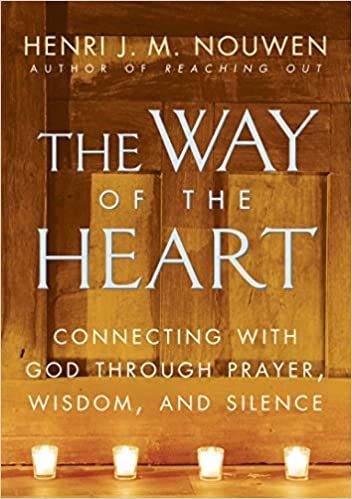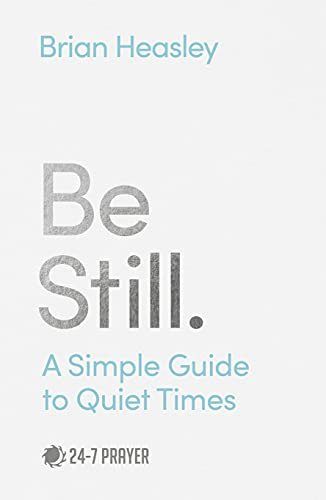We are surrounded by noise.
Do you feel it?
Radio, TV, streaming services, iPads, computers, and cell phones. And the noise is not just sound. The noise is also the busyness, the full calendars and the occasional overbooking. It’s the nonstop going and going.
It’s wearing on us.
But one of the things that we see modeled by Jesus is a rhythm of life that includes silence and solitude. Before He began His ministry, He went into the wilderness for 40 days, where He was tempted (Mark 1:12-13). Often, before the sun had came up, Jesus would go off by Himself and pray in solitude (Mark 1:35). He would often withdraw to ‘lonely places’ to pray (Luke 5:16). And sometimes we see Him recognize His need for it like in Matthew 14, where Jesus learns that His cousin John the Baptist had just been executed, He miraculously feeds more than 5,000 people, then He sends the crowd of people and His disciples away, and goes into the hills to pray by Himself. It seems like solitude wasn’t just something that Jesus liked, but rather it seems that He saw it as a necessity.
Solitude in our relationship with God is not just about being alone. It is about learning to quiet all the voices and false narratives of ourselves, the world, and the Enemy, and learning how to listen to our identity as God defines it. There is a connection between silence and solitude. Richard Foster talks about the inseparable connection in his book Celebration of Discipline,
“Without silence there is no solitude. Though silence sometimes involves the absence of speech, it always involves the act of listening. Simply to refrain from talking, without a heart listening to God, is not silence” (p. 98).
The key thing that makes any practice into a 'spiritual' practice is the key element of: "with God." The solitude that we're talking about is more than 'being alone' and the silence is more than 'not talking.' Rather, it is about pulling away from the noise and busyness of life to be alone with God, and to quiet ourselves to listen to Him in that place.




